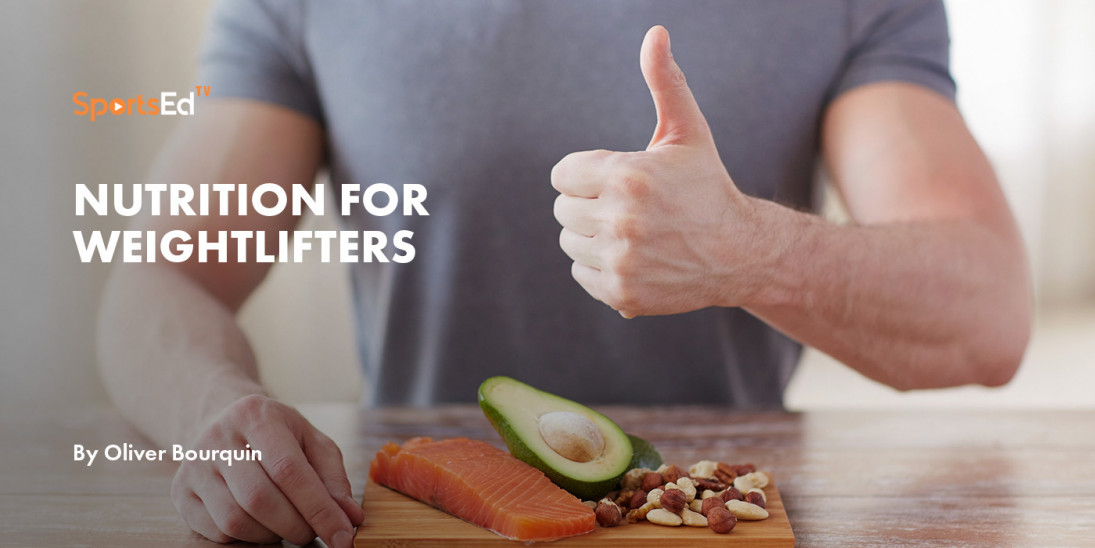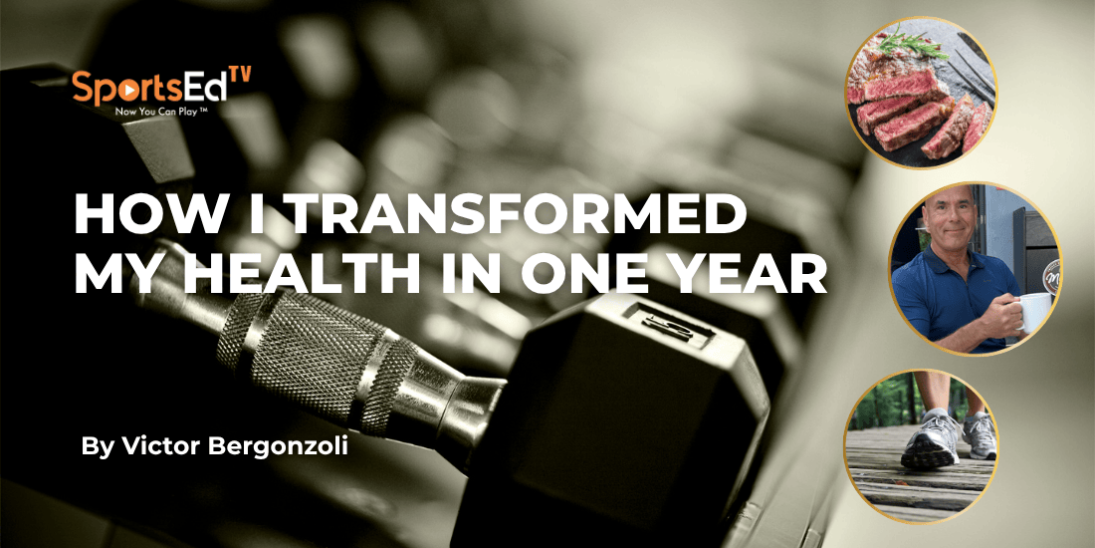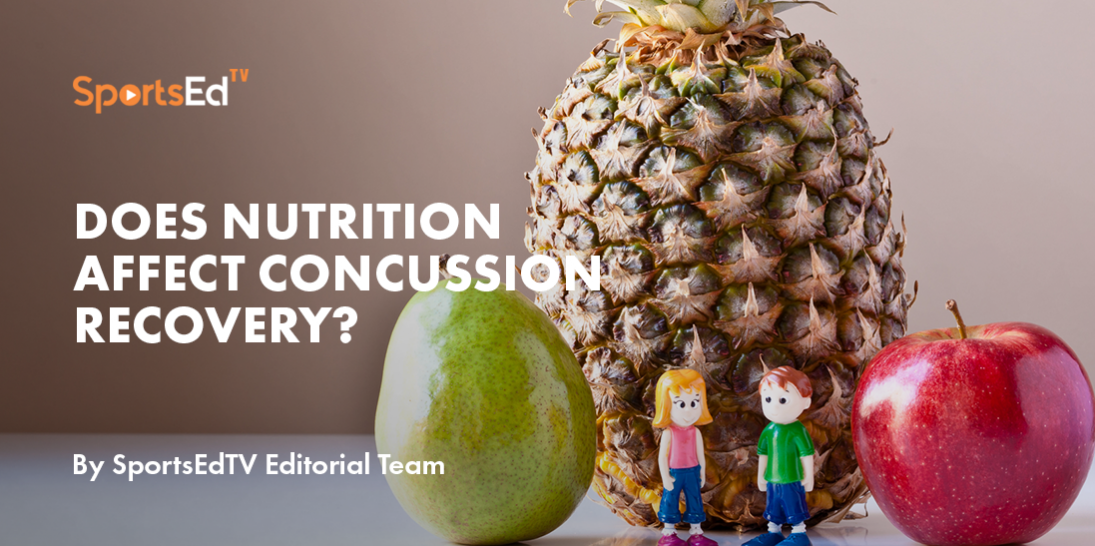Nutrition
Welcome and thanks for visiting...

NUTRITION FOR WEIGHTLIFTERS

SportsEdTV's Weightlifting Director asked our Nutrition Senior Contributor Olivier Bourquin 4 questions relating to weightlifters nutrition.
Bourquin's scientific, global and personalized approach has already attracted many professional and Olympic athletes in more than 25 different disciplines.
The Q and A:
Q: While aiming to maintain as much strength as possible, what is the optimal schedule for cutting weight (3-4%) prior to an official weigh-in?
Ideally, you should have the desired weight already about a week before the weigh-in. In fact, losing mass very quickly creates significant physiological and psychological imbalances, as well as intestinal disturbances, a very low energy level during competition and an increased risk of injury. The key word will be to anticipate!
Q: What is the best nutrition strategy post weigh-in (regardless of bodyweight lost in order to properly 'make weight'). Time available for eating is at least 60 minutes. In some instances, closer to 90 to 120 minutes may exist.
Above all, it is necessary to hydrate properly, with suitable and qualitative stress drinks. With this type of drink, there is no need to eat solid foods. If the athlete still wants to eat, then a hot porridge with dried fruit and a yogurt 0% fat nature would be recommended. For good digestion, fresh fruit and oilseeds are not recommended with porridge.
Q: Outline the proper proportion of nutrients (fats, carbohydrates, protein) needed for training in a strength/power sport like weightlifting.
The issue is very broad and depends on many parameters related to the athlete as an individual. There are a few rules valid for each, for example minimums to consume in protein (1.5 g of dry protein per kilo of body weight), to consume a large amount of vegetables to buffer the acidity caused by the protein, to have a good ratio of omega 3 and 6, to consume unrefined cereals. After that, it is on a case-by-case basis, depending on the specific needs of each athlete.
Q: Aside from 'eat more,' what advice would you give to a teenaged boy interested in gaining muscular bodyweight?
Eat more yes, but mostly eat better. Concretely, this means first of all to ensure the quality of the food consumed: Exit junk food, we take the time to prepare our food! In terms of quantity, here are some tips: increase your protein intake (2.0 g of dry protein per kilo of body weight), find the right balance between animal and vegetable proteins, increase your fat intake type omega 3, consume 5 meals a day rather than 3. Finally, drinking quality stress drinks during exercise and systematizing recovery drinks is essential.





